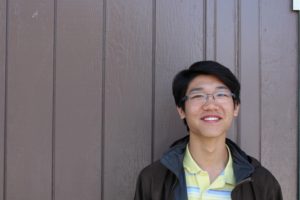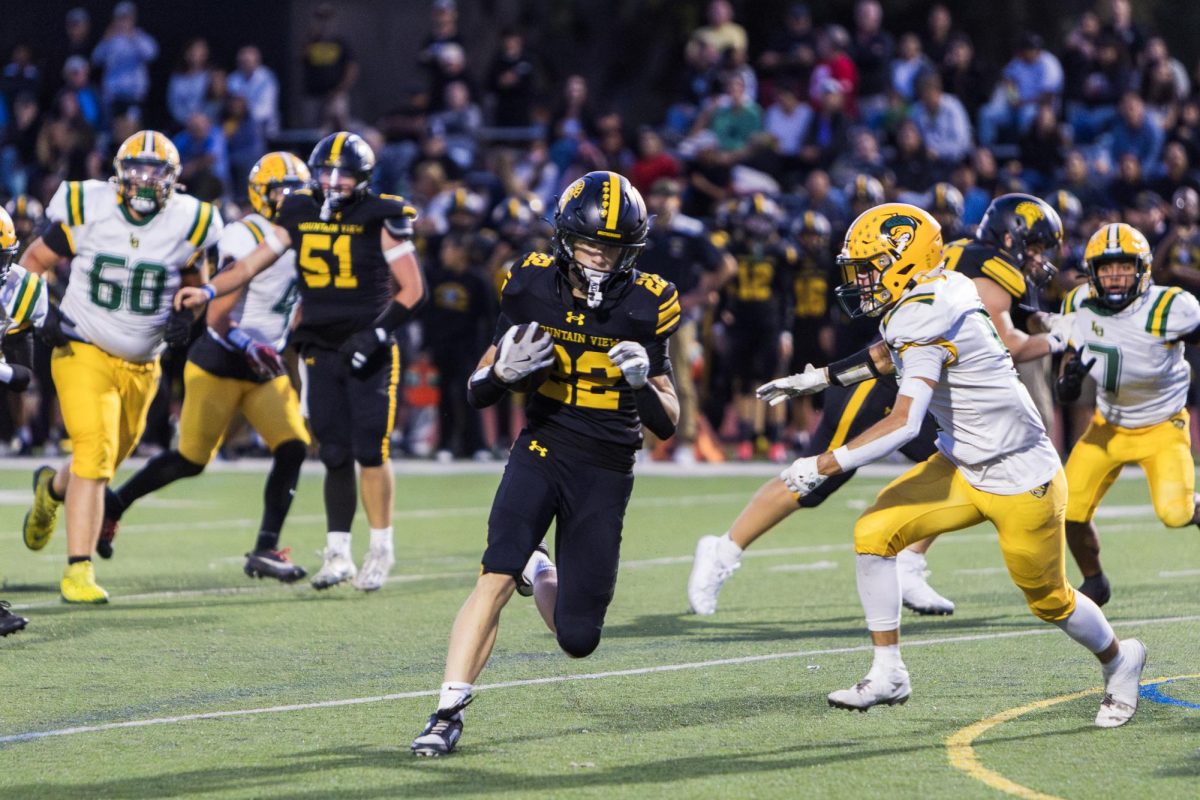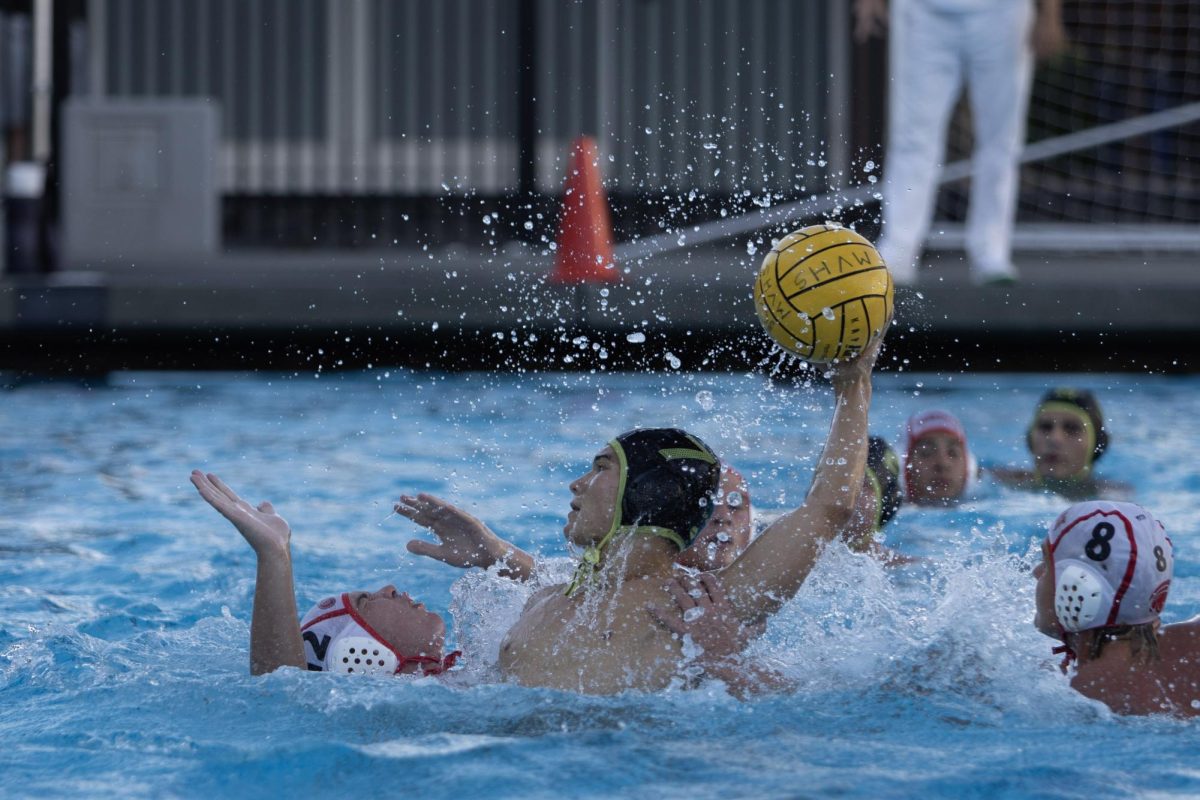Article by Leo Kajfez and Renee Remsberg
Dog days are traditionally lazy, but for some seniors, summer was spent working on meaningful research and projects. Seniors Andrew Tong and Andrea Halsted conducted research during internships at Stanford University, while senior Lauren Price volunteered at an Ecuadorian orphanage for two weeks.
Halsted interned at Stanford at The Clayman Institute of Gender Research, an interdisciplinary gender research center that focuses on gender equality. She worked alongside three other Bay Area high school students, who, like her, are a part of the AVID program designed to prepare first generation college students for college.

Each high school student was paired with an undergrad student to work on the research question, “How do Black women exist within the digital geographies of the 21st century?” In addition to the main project, the students took a Gender 101 class accompanied by activities and workshops.
According to Halsted, the class and workshops expanded her view on the feminist movement.
“I’ve always been a feminist, but I’ve always focused on different things like race and diversity, but I think that focusing on women, [especially] trans women, it was really important to see that aspect and make sure that all women are included,” Halsted said. “Even women who identify as nonbinary or people who are androgynous or gender ambiguous.”
Halsted also appreciated how the program taught her to make change in her own community.
“I think that’s what [the program] was about,” Halsted said. “They really wanted to give us the tools and foundation to come into our communities and really advocate for gender equality, but not just gender equality, but equality for trans women, equality for LGBTQ women, equality for all those types of people.”

Like Halsted, Tong interned at Stanford. His internship, however, was at Porteus Lab, a stem cell and cancer research facility employing about 20 people.
“I mainly worked with a mentor—a postdoc—on a disease called beta thalassemia,” Tong said. “A simple way of putting it is you’re changing one little thing in the genome trying to fix this mutation.”
During his internship, Tong’s job was to learn a task modeled by his mentor, such as making many copies of a certain DNA sequence, and then emulate it. He also had a fun side project: researching a disease that he could cure.
“I saw people using giant machines like they were coffee makers,” Tong said. “One of the coolest things that they have there is a giant tank of liquid nitrogen.”
Tong’s interest in Porteus labs began in his Biology Honors class, where he wrote a paper on leukemia. Still interested, he skipped history and lunch one day to attend a nearby event at which Dr. Matthew Porteus was speaking. When the event was over, Tong sent Porteus an email to ask a few questions, inquiring about a potential summer internship in the process.
“He didn’t respond. I sent about five emails before he responded, and then he told me I could come in for an interview,” Tong said. “Send the emails. Don’t just stop at one. You just have to try.”
Price ventured a bit further than Palo Alto, traveling to Ecuador with the organization Global Glimpse. For her service project, she worked with Ecuadorian orphans to build a hut out of telephone poles to provide shade for the kids. She also taught English and explored Ecuador in the process.
“Teaching English was new for me because I saw how hard our teachers work, but at the same time, it was really fun because we got to come up with games,” she said.
Price said the trip broadened her perspective on how different people live.
“I think it changed what I’m grateful for. We had a day where we didn’t have any electricity, we didn’t have any running water,” she said. “It made me think ‘Oh my gosh, some people can’t take hot showers, they don’t have lights, some don’t even have toilets.’ That made me grateful for what I have.”

































#1 Renee Fan • Aug 18, 2017 at 11:07 pm
HELLLLS YES RENEE FUCK IT UPPP